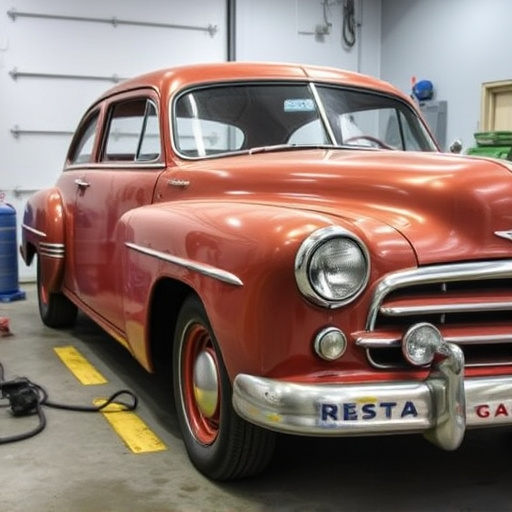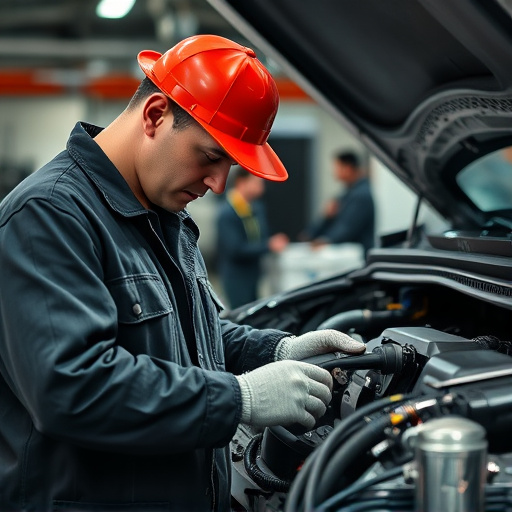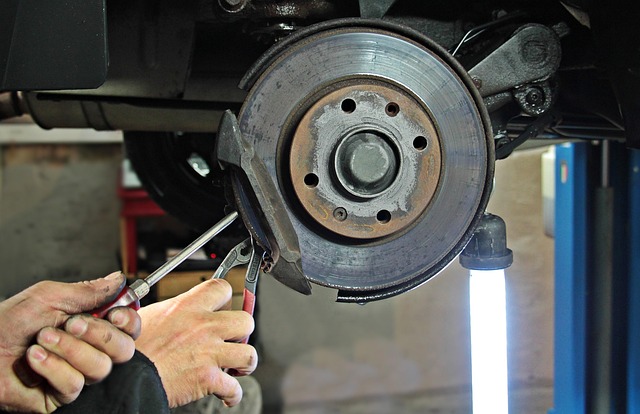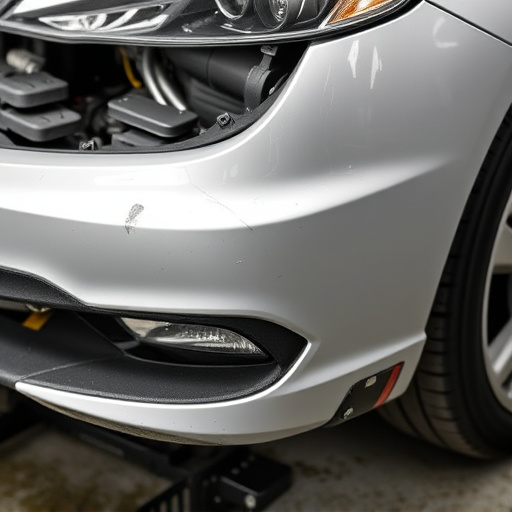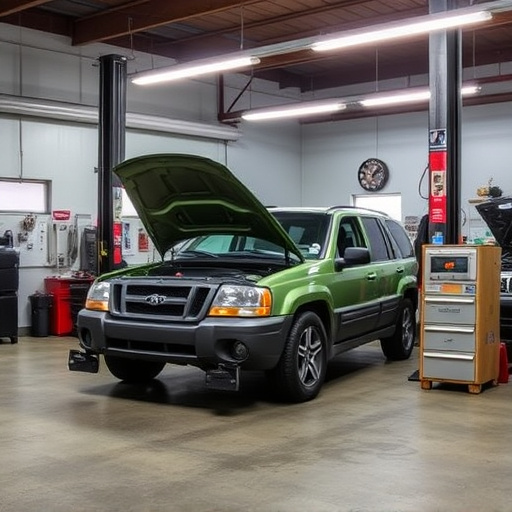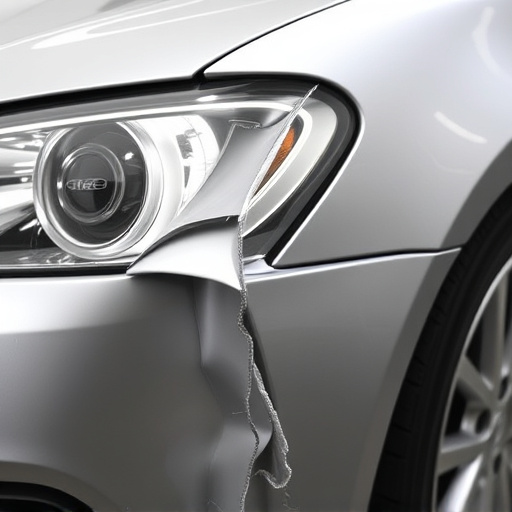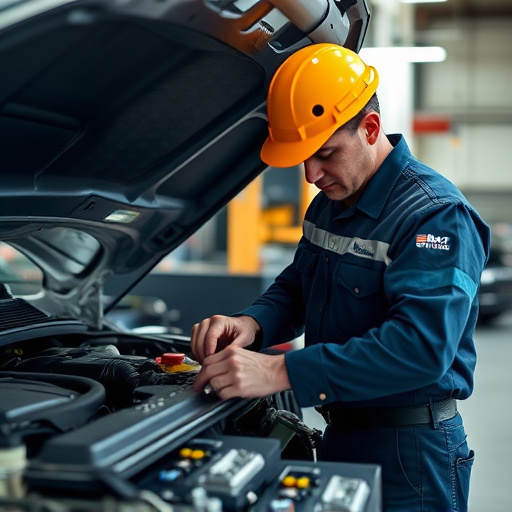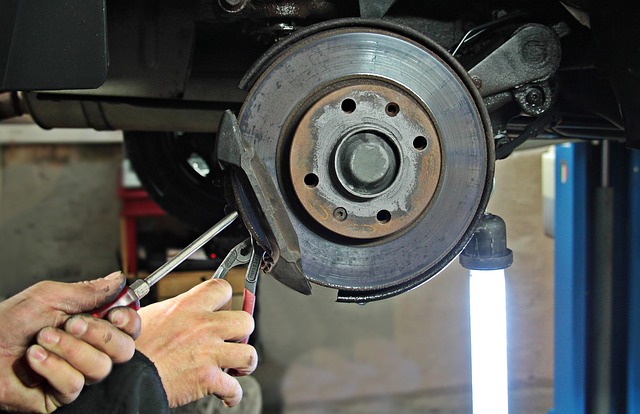Understanding and maintaining quality in insurance-approved repair centers is crucial for ensuring safe and reliable vehicle repairs. Certified centers follow a multi-step process with inspections at every stage to meet manufacturer specifications. Skilled technicians and quality assurance specialists work together, adhering to industry standards, especially for Mercedes Benz collision repair. Continuous Quality Assurance (CQA) practices, including training, quality control, customer feedback integration, and regular audits, maintain consistent quality in these centers.
In today’s competitive market, ensuring quality in insurance-approved repair centers is paramount. This article delves into the intricacies of quality monitoring within these centers, highlighting the key roles that contribute to reputable service delivery. We explore best practices for continuous quality assurance, providing insights into how insurers and repair facilities collaborate to maintain high standards. By understanding these processes, consumers can have greater confidence in the repairs they receive, knowing their vehicles are in capable hands.
- Understanding Quality Monitoring in Insurance-Approved Repair Centers
- Key Roles in Ensuring Reputable Service Delivery
- Best Practices for Continuous Quality Assurance
Understanding Quality Monitoring in Insurance-Approved Repair Centers
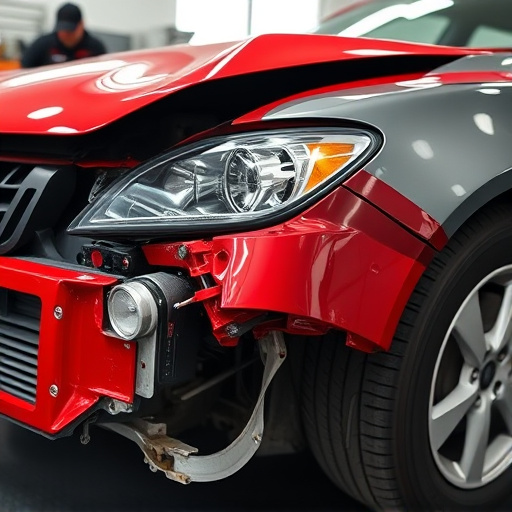
Understanding Quality Monitoring in Insurance-Approved Repair Centers is paramount to ensure consumers receive reliable and safe repairs after accidents or damages. These centers, specifically certified for insurance-approved repair, are held to stringent standards to protect policyholders from subpar work. The process involves a multi-step approach where quality assurance teams inspect each step of the repair process, from initial assessment and frame straightening to final paint job and quality control checks.
This rigorous monitoring ensures that collision damage repair is accurately assessed and executed according to manufacturer specifications. Specialized tools and training are employed to guarantee precise measurements and techniques, such as those used in car body shop operations. The goal is to restore vehicles to their pre-accident condition while upholding safety standards, thus giving car owners peace of mind that their vehicles are in capable hands.
Key Roles in Ensuring Reputable Service Delivery
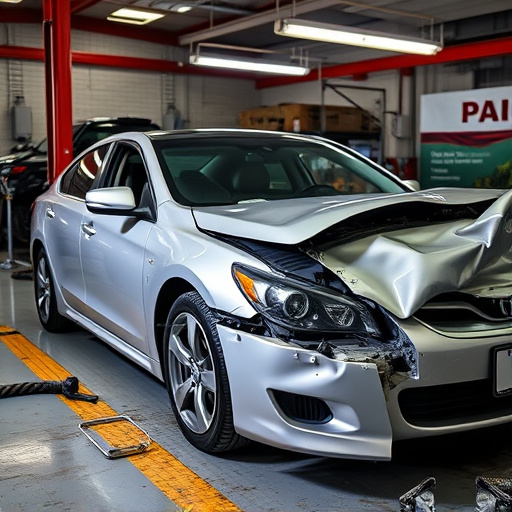
In the realm of insurance-approved repairs, several key roles collaborate to ensure reputable service delivery. At the forefront are skilled technicians who possess the expertise and certifications required to handle various types of car damage repair, from minor dents to complex vehicle collision repair. Their proficiency in adhering to industry standards and manufacturer guidelines is paramount.
Complementing these technicians are quality assurance specialists whose primary responsibility is to monitor and maintain the highest standards across all insurance-approved repair centers. They conduct regular inspections, review work processes, and ensure compliance with safety protocols, especially during Mercedes Benz collision repair. By implementing rigorous quality control measures, they safeguard customer satisfaction and preserve the integrity of the repair process for both car damage repair and vehicle collision repair services.
Best Practices for Continuous Quality Assurance

To ensure consistent quality in insurance-approved repair centers, implementing robust Continuous Quality Assurance (CQA) practices is paramount. Best practices include regular training sessions for staff, covering everything from auto maintenance techniques to advanced car paint repair skills. This educates workers on the latest trends and safety protocols, ensuring they stay updated with industry standards. Furthermore, establishing a comprehensive quality control system that involves meticulous inspection of each repair step can prevent errors and ensure customer satisfaction.
CQA also necessitates ongoing feedback mechanisms where customers’ experiences are solicited and analyzed. Incorporating this feedback into improvement strategies keeps the repair center responsive to client needs. Additionally, regular audits by internal and external experts can provide valuable insights into areas needing enhancement, fostering a culture of continuous improvement among staff at the insurance-approved automotive body shop.
Insurance-approved repair centers play a vital role in ensuring consumers receive reliable and quality services. Effective quality monitoring, involving multifaceted efforts from trained personnel, is essential for maintaining high standards. By adhering to best practices and continuous improvement, these centers can uphold their reputation and provide esteemed customers with peace of mind. This comprehensive approach to service delivery fosters trust and reinforces the importance of insurance-approved repair as a game-changer in the industry.
